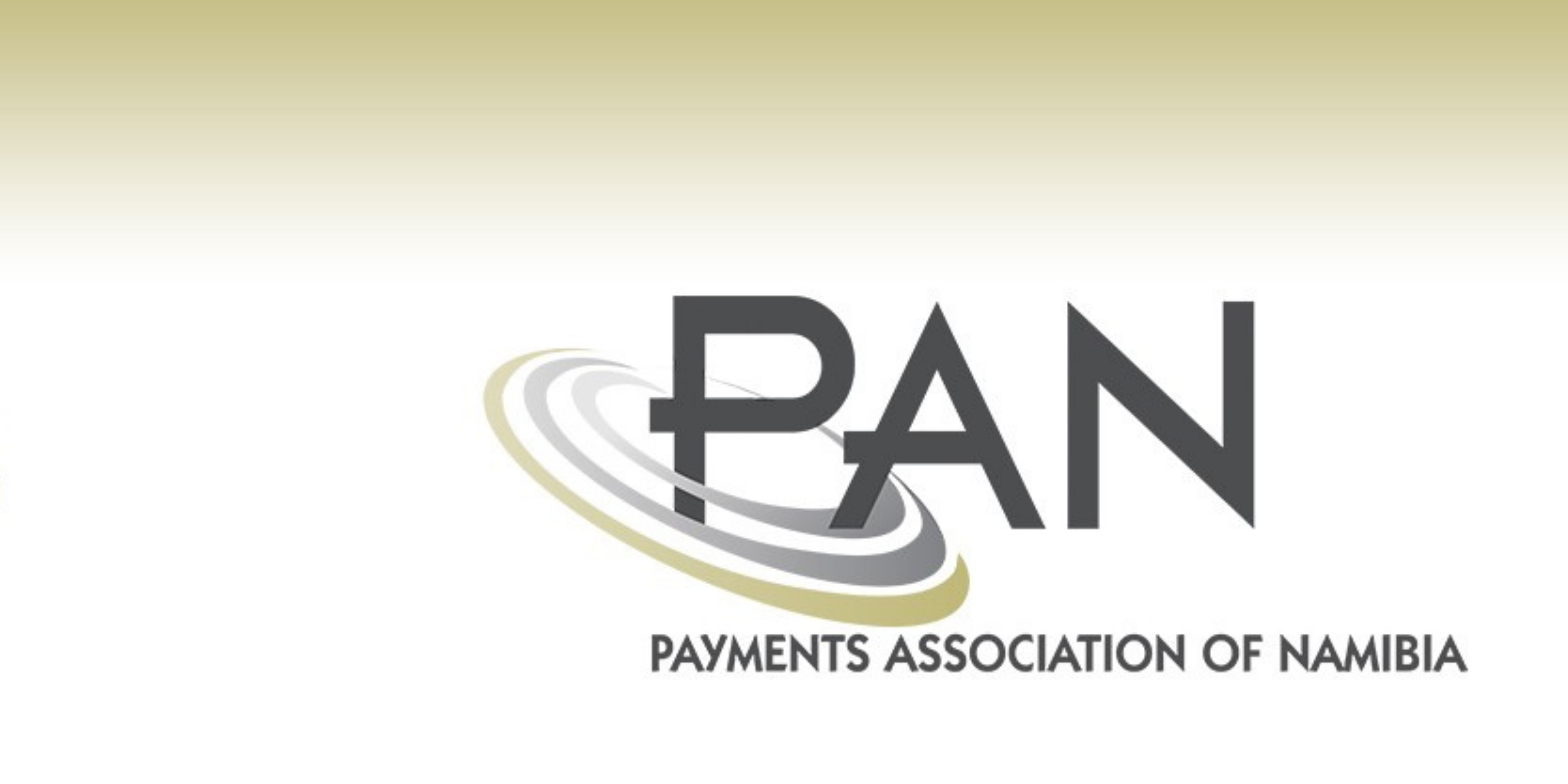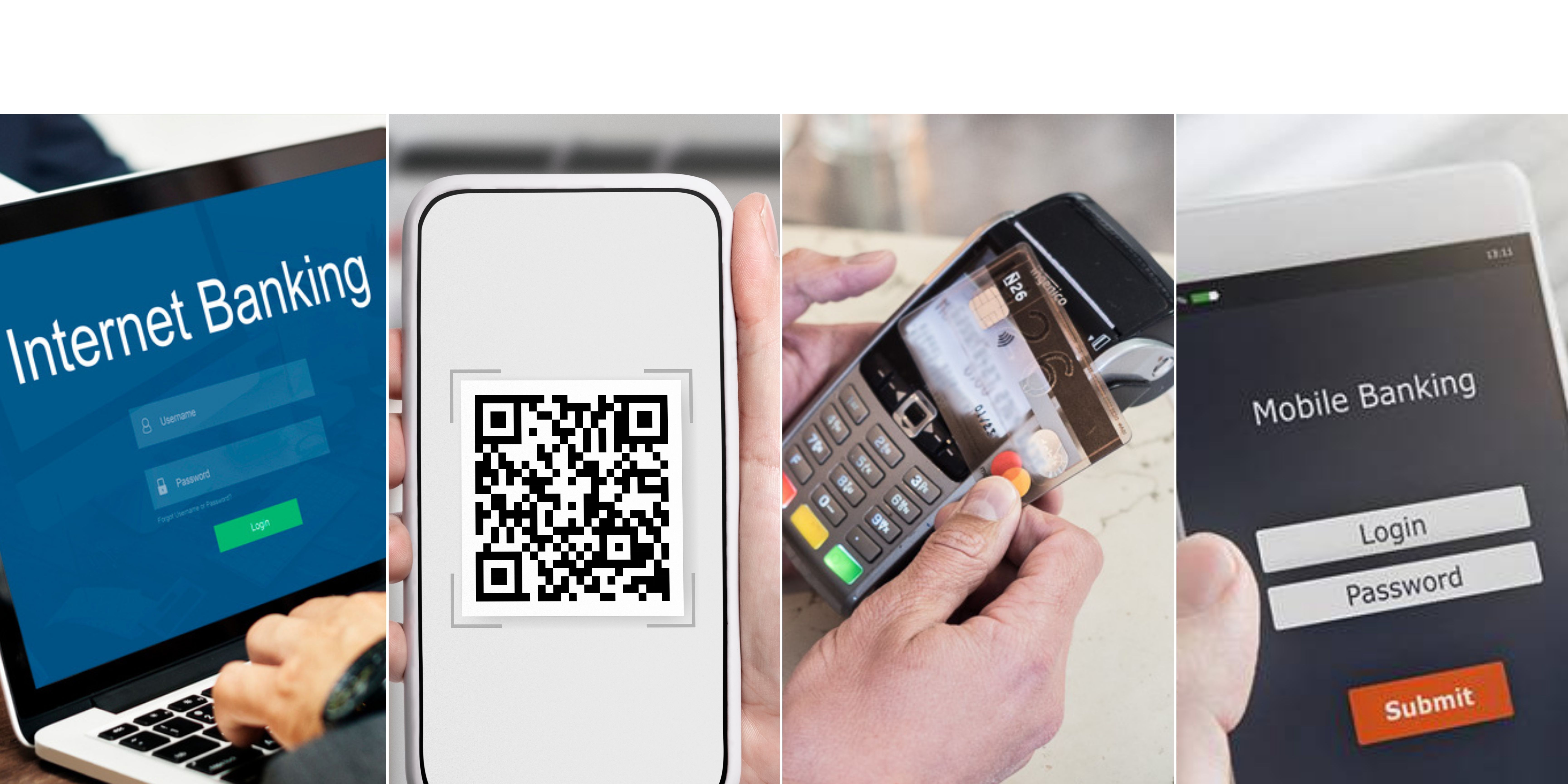Phishing Scams
What is Phishing?
PHISHING: Phishing is a high-tech scam that uses spam or pop-up messages to deceive you into disclosing your credit card numbers, bank account information, Social Security number, passwords, or other sensitive information. Criminals create emails that appear legitimate and are from recognized brands such as a bank, credit card companies or retailers in order to bring consumers to a website that resembles an original one. The consumers are then tricked into divulging financial data such as credit card numbers, account usernames, passwords and social security numbers.
Phishing emails often include poor use of grammar, exaggerations and at times spelling mistakes. Once this information has been obtained by the fraudsters, this enables them to load various fraudulent accounts as beneficiaries; thereafter transferring the victim’s funds.
What can you do to avoid becoming a phishing victim?
- NEVER respond to emails that appear to be from your Bank requesting any personal details. Banks will NEVER request personal information from a customer via email.
- Never follow a link on an email to access your Bank’s website.
- Do not utilise public access points to do your banking e.g., Internet Cafes or any computer other than your own.
- Place sensible transaction limits on your accounts and review them regularly.
General Tips on the Phishing Scam
- Scrutinise your bank statement regularly.
- If any irregularities are identified on your bank statements report these immediately to your nearest Branch.
- Should you receive your monthly statements via mail, and for no apparent reason the statements are no longer being delivered, you need to report this concern to your nearest branch. (The fraudsters could have intercepted your mail for fraudulent purposes.)
- The bogus websites appear authentic and often are exact copies of the Bank’s genuine website. If you are in doubt, call the Bank to verify the authenticity.
- Once the fraudsters identify an email address that works, they may send numerous bogus emails.
- If you have clicked on the link and compromised any of your personal details URGENTLY contact your Internet Banking Call Centre to report the incident.




